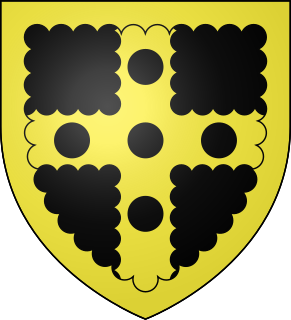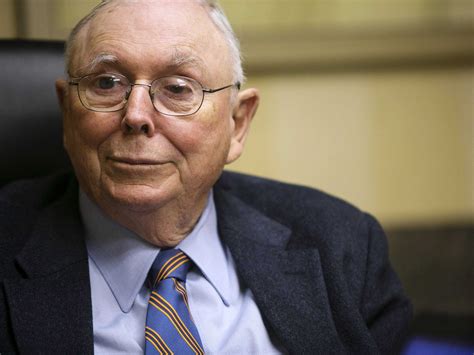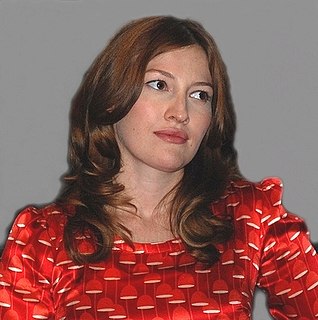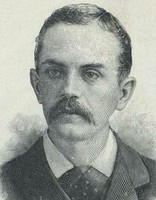A Quote by Sir Fulke Greville
Human knowledge is the parent of doubt.
Quote Topics
Related Quotes
Knowledge and personality make doubt possible, but knowledge is also the cure of doubt; and when we get a full and adequate sense of personality we are lifted into a region where doubt is almost impossible, for no man can know himself as he is, and all fullness of his nature, without also knowing God.
Doubt is a profound and effective spiritual motivation. Without doubt, no truism is transcended, no new knowledge found, no expansion of the imagination possible. Doubt is unsettling to the ego and those who are drawn to ideologies that promise the dispelling of doubt by preferring certainties never grow.
I am convinced that it is impossible to expound the methods of induction in a sound manner, without resting them upon the theory of probability. Perfect knowledge alone can give certainty, and in nature perfect knowledge would be infinite knowledge, which is clearly beyond our capacities. We have, therefore, to content ourselves with partial knowledge - knowledge mingled with ignorance, producing doubt.
Everyone recognizes a distinction between knowledge and wisdom. . . Wisdom is a kind of knowledge. It is knowledge of the nature, career, and consequences of human values. Since these cannot be separated from the human organism and the social scene, the moral ways of man cannot be understood without knowledge of the ways of things and institutions.
In knowledge of human affairs, we should never allow our minds to be enslaved by others by subjecting ourselves to their whims. We must maintain freedom of thought, and never accept anything of purely human authority into our heads. When we are presented with a diversity of opinions, we must choose, if we can; if we cannot, we must remain in doubt.
I had a foretaste of another, larger kind of knowledge: one I believe human beings will be able to access in ever larger numbers in the future. But conveying that knowledge now is rather like a chimpanzee, becoming a human for a single day to experience all of the wonders of human knowledge, and then returning to one's chimp friends and trying to tell them what it was like knowing several different Romance languages, the calculus, and the immense scale of the universe.
There are many different kinds of doubt. When we doubt the future, we call it worry. When doubt other people we call is suspicion. When we doubt ourselves we call it inferiority. When we doubt God we call it unbelief. When we doubt what we hear on television we call it intelligence! When we doubt everything we call it cynicism or skepticism.



































